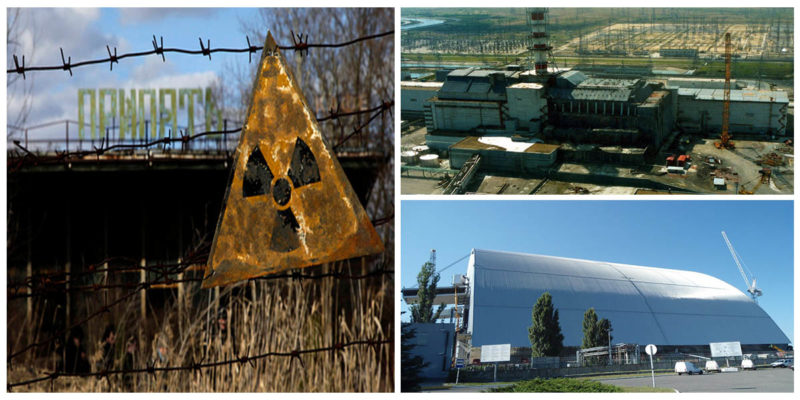Our story begins, as stories often do, with a promise of a better life. And this better life was to be born in the city of Pripyat, close to 13 miles from the city of Chernobyl, with the creation of a new nuclear power facility.
In the beginning, the name of this industry that employed hundreds of people was V.I. Lenin Nuclear Power Station. As the name suggests, this nuclear station was built during the era of the Union of Soviet Socialist Republics – USSR.
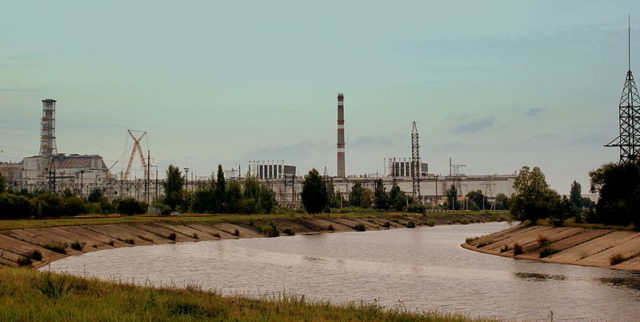
The purpose of this facility was to produce electrical energy and it did that by employing four reactors of the class RBMK-1000. Every single one these reactors was able to produce 1,000 megawatts per hour.
The numbers alone don’t mean anything, but zooming out and seeing the bigger picture reveals this facility produced 10% of all the electricity in Ukraine. The first of these reactors was built in 1977, and one year later the second reactor was done. Three more years later and reactor number 3 was finished, followed by the fourth in 1983.
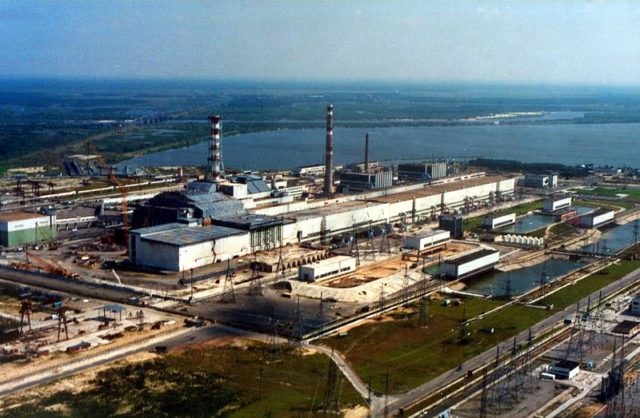
The plan was to build additional reactors over the years but the plan itself was literally shredded to pieces as everything else was. What happened was a disaster that converted the jovial future of many into a nightmare. It was April 26, 1986, when the core of reactor number 4 exploded during one of the regular tests which replicated a power failure. Needless to say but the reactor failed the test.
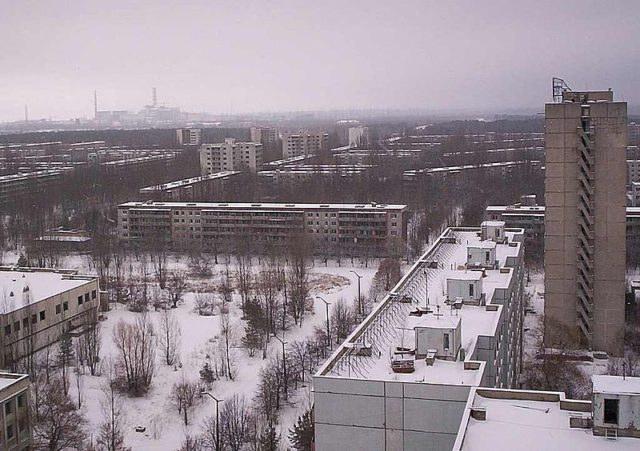
An imperfection in the rector’s design combined with the wrong choice of organizing the core itself (contrary to the safety recommendations) was the main guilty party that caused such a massive incident.
What followed was a virulent situation that took the lives of many, both directly and indirectly. The explosion caused a massive fire. Clouds of smoke were raised from the facility for 10 days.
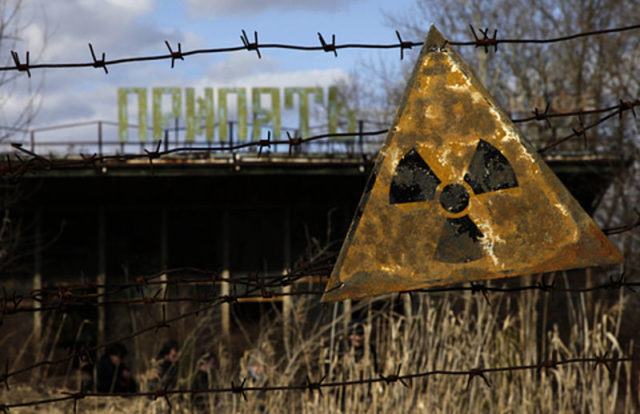
What these clouds brought with them were colossal amounts of radiation that spread across Europe and much of the USSR. That day a great number of employees at the plant lost their lives, and an additional 30 also died during the weeks that followed as a result of acute radiation poisoning.
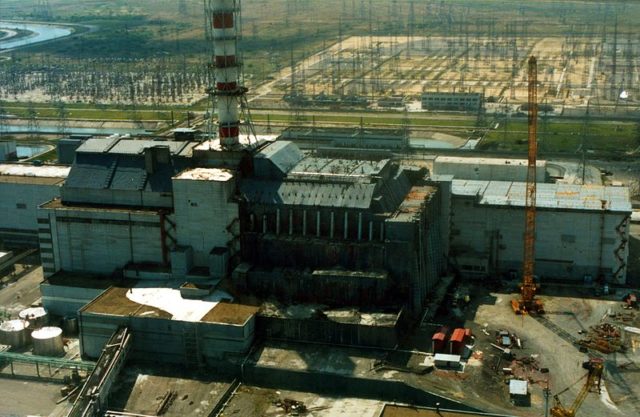
A number of firemen also were killed by radiation during the next couple of months after the explosion, and an additional 240 people were diagnosed with acute radiation poisoning and thousands were relocated leaving behind an empty area, a post-apocalyptic scenario where even the most valorous of beings were unable to endure.
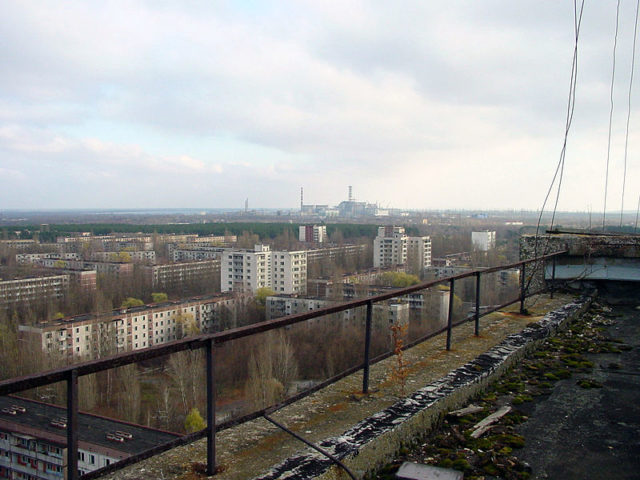
The Chernobyl accident was rated at level 7 (the maximum level) on the International Nuclear Event Scale. It was the highest rating ever given until 2011, when the Fukushima nuclear disaster joined Chernobyl at the top.
The initial clearing of the site took around half a million workers and billions of rubles to finish. “Reactor No. 4 at Chernobyl, the scene of the worst nuclear accident in history, has been enclosed by a vast steel shelter designed to prevent radiation leaks from the site”, the Guardian reported in their article about the event.
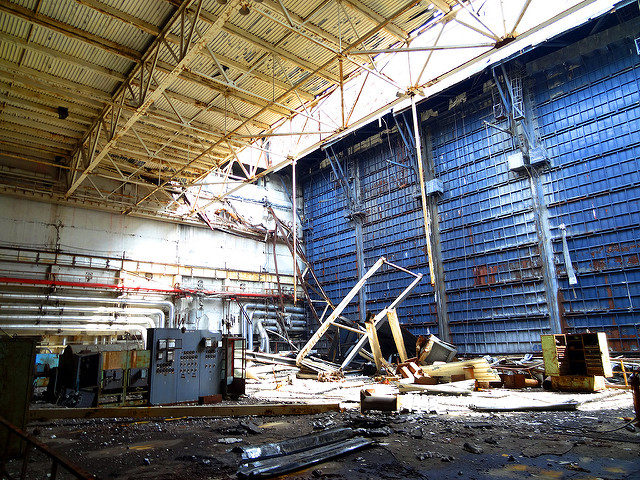
The steel cover was dubbed “Object Shelter”. Closest to the nuclear plant is the city Pripyat. The evacuation itself didn’t happen instantaneously (contrary to the commercial version of the story). But after a couple of hours, the residents of Pripyat felt sick and were experiencing vomiting and nausea.
The evacuation began a full 24 hours after the explosion but by now the people were getting sicker. At 11:00 am, buses arrived and people of Pripyat were moved out. In order for the evacuation to go as fast as possible, it was ordered that people were to bring only the essentials. They were told that they would be able to return after a few days.
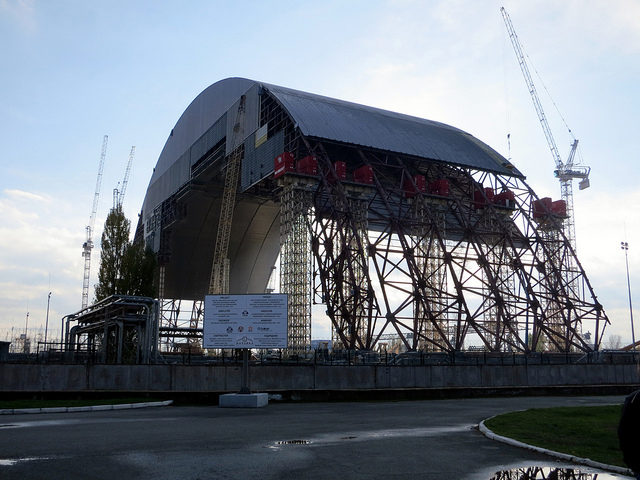
But no matter how fast the evacuation went, the damage was already done. There is no consensus on the total number of deaths caused by the radiation leak as it is very hard to determine, but certainly the incidence of cancers, especially thyroid cancer, have increased in affected populations. There are also high numbers of reported birth defects, and many other health problems, even today.
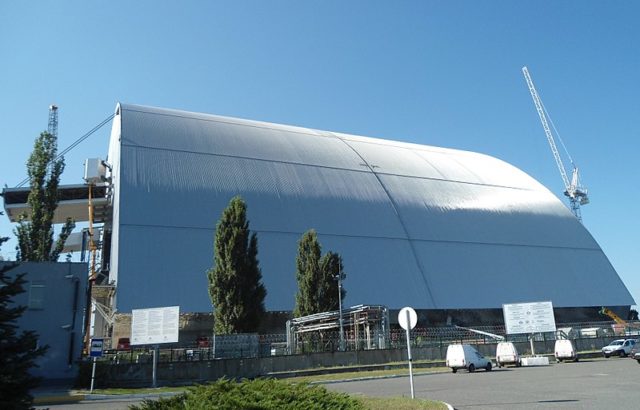
The overall clean up of this nuclear power plant will last until 2065 and will be conducted in stages, for radiation is one stubborn opponent to battle. Until then, Pripyat and the surroundings are to remain vacant, feeding on votive dreams.
